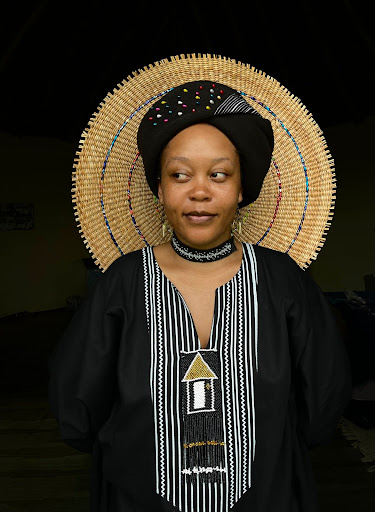A South African researcher from the University of the Western Cape is sparking a crucial conversation about the Witchcraft Suppression Act 3 of 1957. Happyness Nokwatu Raselabe, a forensic linguist, delves deep into the colonial relic that many believe marginalizes African cultural and spiritual practices. Raselabe’s recent master’s research at UWC sheds light on the enduring impact of this decades-old law on the justice system and traditional healers in South Africa.
Raselabe’s study, titled “Ityala ngumphikwa: Evidence lost in translation and interpretation,” critically examines the language barriers and outdated laws that continue to disadvantage black South Africans in court trials. She emphasizes the disconnect between the Witchcraft Suppression Act and more recent legislation, like the Traditional Health Practitioners Act 22 of 2007, which recognizes traditional healers. According to Raselabe, the coexistence of these laws presents a direct challenge to African spirituality practitioners, forcing many to practice in secrecy to avoid persecution under the Witchcraft Suppression Act.
Raselabe’s research not only questions the validity of the Witchcraft Suppression Act but also highlights the need for a more inclusive and culturally sensitive legal system that respects African traditions.
Beyond legal discrepancies, Raselabe also draws attention to the dominance of English in court proceedings, a factor that she believes further marginalizes non-English speakers and wastes resources. She advocates for the introduction of African languages as languages of record in courts, aligning with the constitutional promotion of African languages to ensure linguistic parity in legal settings.
In her quest for insights, Raselabe delved into historical court records dating back to the 1950s and sought wisdom from elders, including her own grandmother. Her research journey intertwined forensic linguistics, customary law, and indigenous knowledge systems to underscore the misalignment between existing laws and African cultural norms. She emphasizes the importance of laws being accessible and understandable to all citizens, especially when rooted in their heritage and language.
Raselabe’s call to action urges policymakers to revisit and revise laws that no longer serve the diverse population of South Africa effectively.
Despite public calls for reform, the Witchcraft Suppression Act remains in force, reflecting a slow pace of change in the legal landscape. Raselabe challenges the colonial foundations of the legal definition of witchcraft, advocating for a more nuanced understanding that aligns with indigenous perspectives. She hopes that her research will not only raise awareness but also drive tangible policy changes that reflect the values and beliefs of the majority of South Africans.
Raselabe’s research serves as a powerful reminder of the importance of cultural sensitivity and consultation in shaping legal frameworks that truly represent and protect the diverse communities they govern.
As she expands her research horizons to explore the disparities between African and Western legal concepts, Raselabe’s advice to fellow researchers resonates: read widely, engage with diverse perspectives, and validate sources meticulously. Through her work, Raselabe embodies a commitment to challenging outdated norms and advocating for a legal system that is inclusive, just, and reflective of the rich tapestry of South Africa’s cultural heritage.

